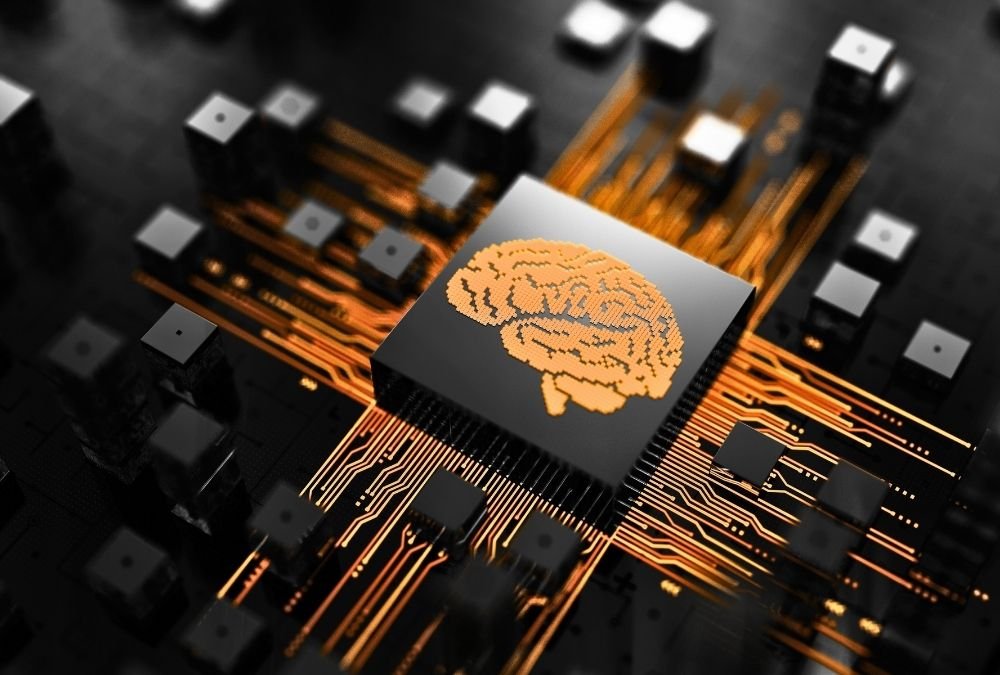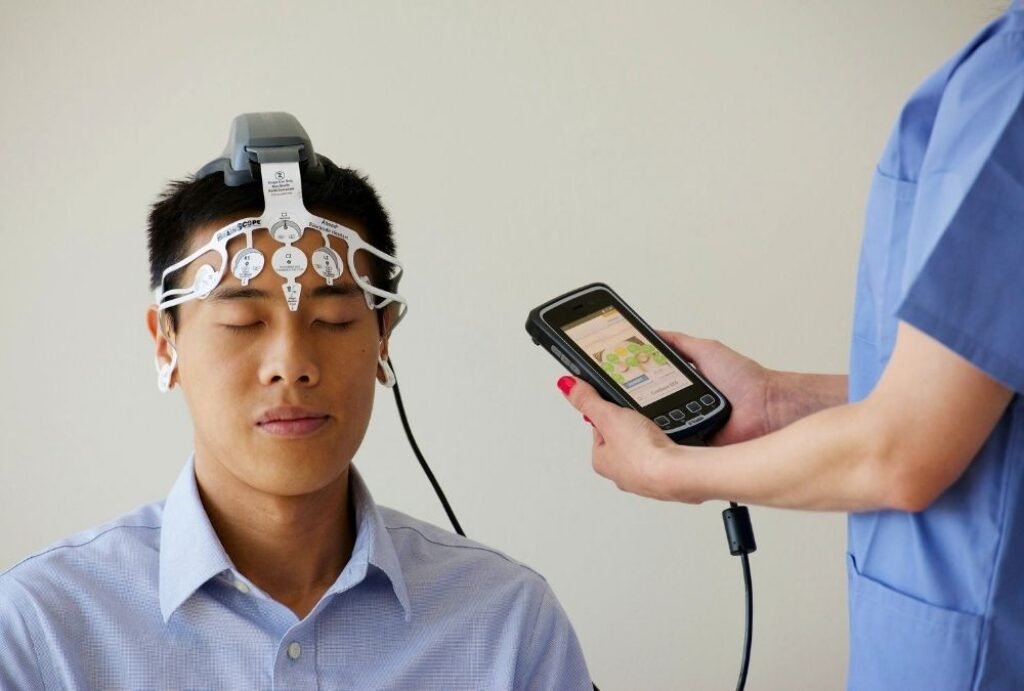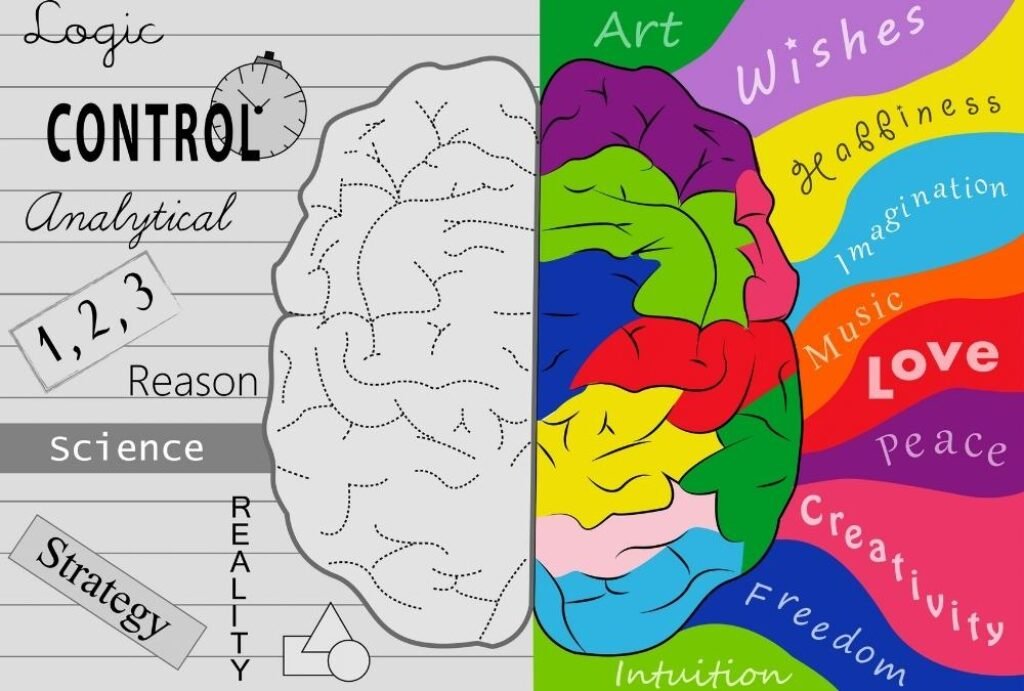
Elon Musk’s Neuralink has taken a monumental leap toward merging human cognition with technology. With its groundbreaking product, Telepathy, the company aims to empower individuals to control devices—phones, computers, and potentially anything connected to the internet—purely through thought. This blog explores how Neuralink’s implantable brain-computer interface (BCI) could redefine autonomy, communication, and human potential.
Imagine controlling your phone, browsing the internet, or even playing a video game—all without lifting a finger. Sounds like sci-fi? Well, Elon Musk’s Neuralink is turning this into reality. Let’s dive into the mind-bending world of Telepathy, a product that could revolutionize how we interact with technology—and each other.
What Is Neuralink’s Telepathy?

Neuralink’s Telepathy is a brain-computer interface (BCI) implant called the Link, designed to decode your thoughts and translate them into digital commands. Here’s the kicker: it’s fully wireless, uses ultra-thin electrodes (think: “neural lace”), and is implanted via robotic surgery with minimal invasiveness. No eye-tracking, no keyboards—just pure thought.
How does it work?

Implantation: A robot inserts the Link into your brain’s motor cortex.
Signal Capture: Ultra-thin electrodes read neural activity.
AI Decoding: Algorithms translate brain signals into commands.
Wireless Control: Your thoughts stream to devices via Bluetooth.
Musk’s vision? To let you control anything—from wheelchairs to smart homes—to literally anything connected to the internet. Imagine a world where your brain is the ultimate remote control.
Real-Life Impact: Stories of Transformation
Neuralink’s first human trials are already rewriting possibilities:
Noland Arbaugh, a quadriplegic, used Telepathy to live-stream for 72 hours, control his computer, and even play games. “It’s like having a superpower,” he said.
Alex Weber, an engineer paralyzed in a car accident, now designs 3D objects and codes Arduino projects using only his thoughts.

“I was a very creative person before my accident. After my accident, I wasn’t really able to do that, [and] it really hindered my drive to create things… Having the BCI… allows me to push the boundaries of what I can create.”
— Alex
Brad, an ALS patient, communicates and operates devices with Telepathy, restoring a sense of independence.
“The most significant thing that happened this week will sound strange to you: I got to use the computer on the porch, and it worked!!”
— Brad
These stories highlight how Telepathy isn’t just a gadget—it’s a lifeline for millions with mobility or communication impairments.
Beyond the Lab: How Telepathy Could Change Your Life

Think Telepathy is just for medical use? Think again. Musk envisions a future where:
Gaming becomes immersive: Control VR characters with your mind.
Work gets seamless: Draft emails or code without typing.
Accessibility skyrockets: Help elderly users navigate tech effortlessly.
But here’s the wild part: Telepathy could also enable human-AI symbiosis. Imagine accessing the internet, recalling memories, or even communicating telepathically with others—all through thought.
The Tech Behind the Magic

The Link’s design is straight out of a sci-fi novel:
1,024 electrodes on 64 flexible threads for precise neural readings.
Wireless charging and data transmission to eliminate bulky cables.
Robotic precision: Neuralink’s R1 robot implants electrodes with sub-millimeter accuracy.
Challenges?
- Signal stability: Early trials saw electrode threads detach, requiring recalibration.
- Battery life: Ensuring the implant lasts without frequent replacements.
- AI evolution: Algorithms must adapt to complex brain patterns for flawless control.
Ethical Quandaries: The Dark Side of Mind Control
As with any groundbreaking tech, Telepathy raises tough questions:
- Privacy: Could hackers access your thoughts? Who owns your neural data?
- Accessibility: At $30,000, will only the wealthy benefit?
- Identity: Could merging with AI erode what it means to be human?
Musk’s response? “We’re already cyborgs, glued to our phones. Neuralink just makes it seamless.” But is humanity ready for this leap?
The Future: A World of Thought-Controlled Everything

Neuralink’s roadmap is ambitious:
Blindsight: Restore vision by bypassing damaged optic nerves.
Global trials: Expand testing to thousands by 2026.
Consumer launch: Aim for 2028, with a goal to make the implant as routine as LASIK surgery.
What could go wrong?
- Over-reliance on tech: Could we lose critical thinking skills?
- Social divides: Enhanced humans vs. “regular” humans?
But what could go right? Curing paralysis, erasing language barriers, and unlocking human potential on a scale we’ve never seen.
Final Thoughts: Are We Ready for This?
Neuralink’s Telepathy isn’t just a gadget—it’s a paradigm shift. It challenges us to redefine disability, communication, and even humanity itself. As Noland Arbaugh put it, “This tech isn’t about the future. It’s about right now.”
Whether you’re thrilled or terrified, one thing’s clear: The era of telepathic control is here. Buckle up—it’s going to be a wild ride.
“The brain is the last unsolved mystery. Neuralink is our ticket to solving it.” — Elon Musk
Sources:
- OXAAM: Elon Musk’s Neuralink: Are We Becoming Cyborgs?
- Times of India: Elon Musk’s Brain Implant: 5 Things to Know
- Neuraport: Real-Life Insights from Living with the Elon Musk Brain Chip
- Factual America: Neuralink’s Human Brain Chip: Decoding the AI-Human Merge



